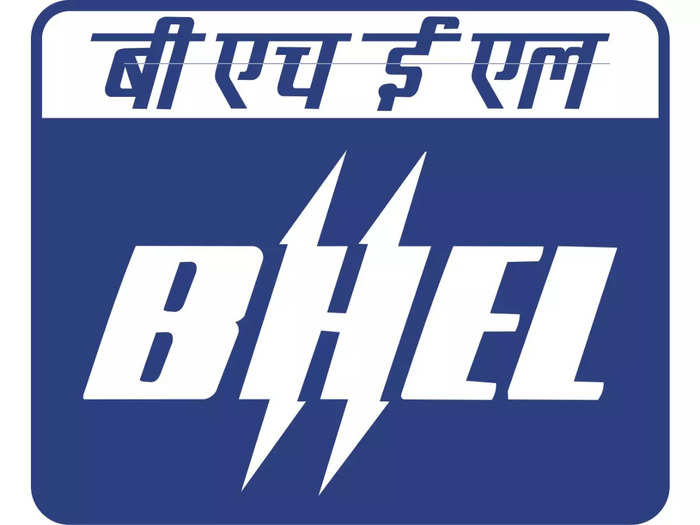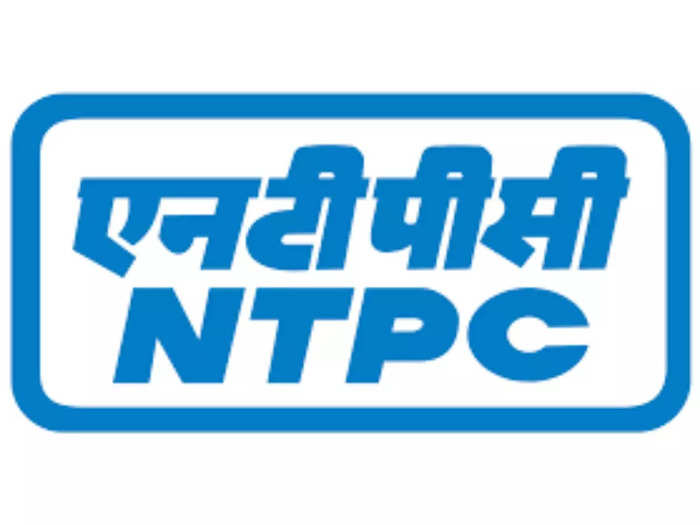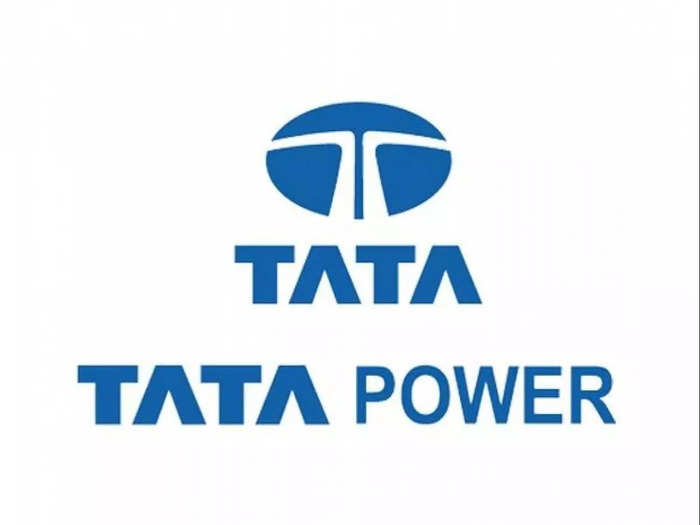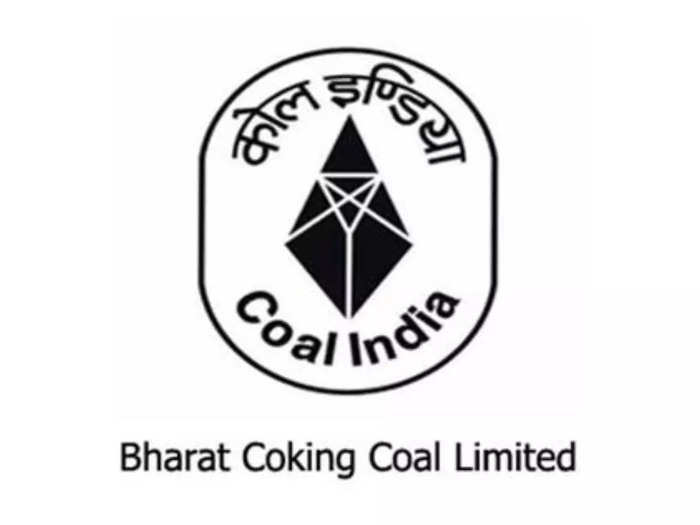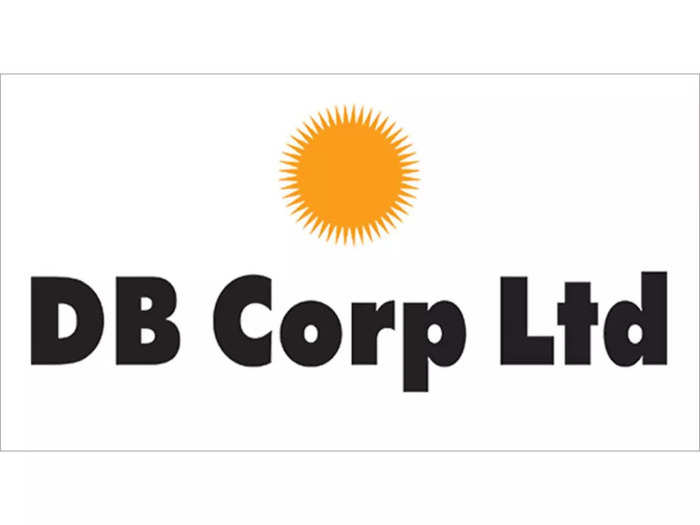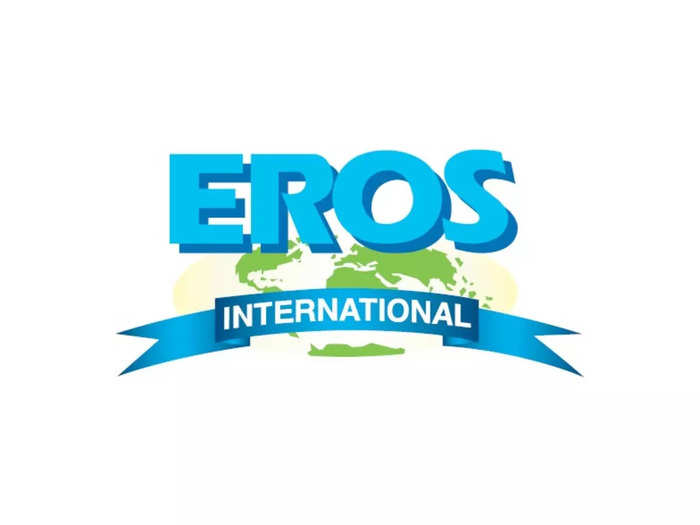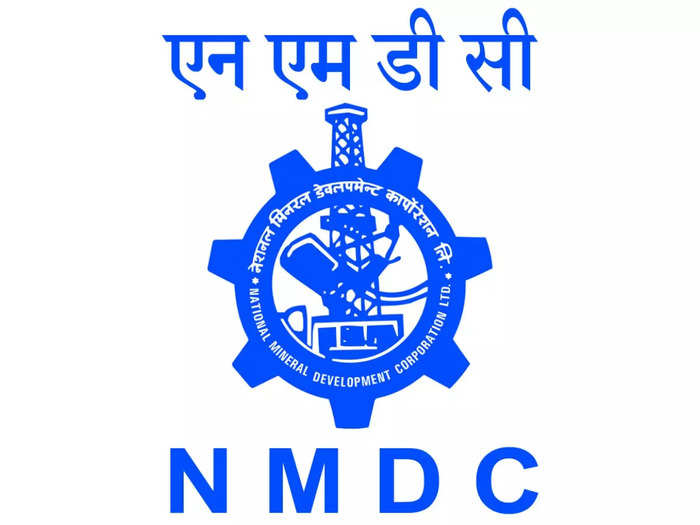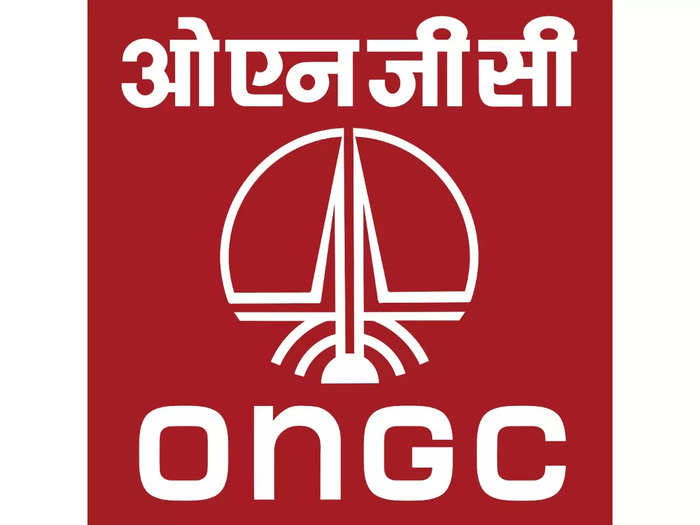At a time when the Indian stock market is peaking and has rallied immensely compared to global markets, there are companies that have not performed in the last 10 years. These are definitely a minor portion of the market considering there are hundreds of stocks that have turned multibagger since 2020. What went wrong with these stocks? Reasons vary from corporate governance, sectoral weakness, company specific and so on. But the more important question is, are these stocks worth buying?
Bharat Heavy Electrical has slipped 81% in the last 10 years
Wikipedia- BHEL
One of the largest power generation equipment manufacturers BHEL has reported huge losses in the last two years and its investors missed the historic bull run.
The company reported a loss of ₹1,036 crore in FY21 as against loss of ₹ 2,699 crore a year earlier. The worst is that analysts at Motilal Oswal Financial Services reportedly expect the company to report a net loss in FY22 as well. However, BHEL has reportedly initiated stringent measures on the cost control front to improve operational performance, working capital situation and focusing on new growth opportunities in oil and gas, transportation, defence, and aerospace for utilising manufacturing facilities and to achieve diversification.
NTPC has dragged down by 20% in last one decade
BCCL
The state owned power generation company has been trading at a historic low valuation despite its improving financial performance. This was mostly due to the central electricity regulatory commission’s change in tariff regulations that lowered the company’s incentives.
However, analysts are positive on the stock now. “We have seen a huge downside movement in the stock due to the central electricity regulatory commission’s (CERC) order that seems to be negative from 2014-15 onwards but we cannot take a linear negative view on the stock and further downside movement on the stock is unlikely. Currently stock is underpriced. Investors can bet on it for a longer horizon," said Vivek Gupta, director research at CapitalVia Global Research.
Tata Power has gained a little 4% in 10 years
BCCL
Tata Power whose core business is to generate, transmit and distribute electricity has made no money to investors in the last one decade. That is a big blunder considering it is one of the largest power generation companies in the country. One of the reasons is the company's huge debt levels which stood at ₹43,559 crore at the end of March 2021 compared to the company’s market capitalisation of ₹44,447 crore.
Adjusted for inflation in the past 10 years, investors would have lost money.
Coal india has crashed 47% in the last 10 years
Wikipedia- Coal India
Currently, the coal producing company Coal India is even below its listing price of ₹245 in 2010. The stock has fallen more than 50% since 2010. This has to do with the company depleting financial performance over the years. The state owned company’s profit fell 23.9% in FY21 marred with low demand from both power and metal sector due to Covid pandemic.
The company's net profit stood at ₹12,720 crore in FY21, down from ₹16,700 crore a year before. Reportedly, electricity demand fell as much as 24% during the peak summer months of FY21 due to Covid induced lockdowns, slowdown in commercial and industrial activities. The second wave of Covid in February impacted the coal demand further.
Tata motors has just gained 20% in the last one decade
BCCL
Tata Motors has been the worst affected automaker in the last decade as the stock has gained just 20% while its peers Mahindra & Mahindra and Maruti Suzuki delivered more than 3,500% returns in the last 10 years.
The gains from holding Tata Motors through the last decade would have been much worse if not for the rally this year. The stock has more than doubled, up 149%, in the last one year.
The company’s high debt levels, massive slowdown in Jaguar Land Rover’s business over the years, cash crunch and now shortage of semiconductor chips has slowed the growth of the company. Net loss of Tata Motors widened to ₹13,395 crore in FY21 from a loss of ₹11,975 crore in the previous fiscal year.
Newspaper company D B Corp loses 63% of its value in last one decade
BCCL
Financial performance of D B Corp also known as Dainik Bhaskar Group has been depleting gradually in line with its stock price. The print media company runs flagship newspapers – Dainik Bhaskar, Divya Bhaskar, Divya Marathi and Saurashtra Samachar.
The company's revenue from printing, publishing, radio and allied business have declined. A digital shift over the years especially in the last one year could have hurt the company’s business. The newspaper company’s profit slipped nearly 50% in FY21 to ₹141 crore from ₹275 crore in FY20. Meanwhile, its revenue dropped over 30% in FY21 to ₹1,522 crore from ₹2,236 crore.
Eros International wipes out 86% of its share value in the last 10 years
BCCL
The moviemaker’s woes actually began in 2015 on allegations of accounting fraud. Though the company, whose US listed parent Eros International clarified, investor confidence has plummeted and so has its share price. From a level of ₹500 in 2015, the stock is now down to ₹20.
Moreover, the moviemaker widened its net loss to ₹40 crore in June quarter as against ₹28 crore in the previous quarter last year. Moreover, a downgrade by two rating agencies on the film production and distribution company added to the concerns. Rating agencies CARE and Moody’s cut their rating on the company’s debt citing delays or likely default in serving debt availed from banks.
Tea maker Mcleod Russel’s share price slashed by 86% in last one decade
BCCL
One of the largest tea producers based in Kolkata [in India?, based out of Kolkata,] has been trapped in debt that has halted the company’s growth. The total debt of the company stood at around ₹2,245 crore as on March 31, 2020 compared to its market value of ₹320 crore.
The company had sold multiple tea gardens in Assam and West Bengal to pay off certain high cost debt. However, it was not really enough to overcome the challenge. Moreover, the company reported net loss of ₹122.80 crore in March quarter as against net loss of ₹75.76 crore in the same time a year ago.
Shares of NMDC went down by 50% in the last 10 years
NMDC
The government owned iron ore miner has lost 50% of its share value in the past one decade. However, the stock has now picked up fuelled by rise in international iron ore prices. Reportedly, there has been a steady rise in international iron ore prices in the post-pandemic period.
The commodity was trading over $233 a ton in May to which analysts had expected the rally in iron ore to sustain for some more time, given a better-than-expected economic growth in China and lower-than-expected shipments from Brazil’s Vale — the world’s second-largest iron ore producer. Recently, due to concerns about China’s Evergrande Group default has caused pressure on iron ore prices. Currently, the iron ore is trading at $120 a ton.
Shares of ONGC down by 38% in the last one decade
ONGC
Shares of ONGC have been very volatile over the last 10 years similar to crude oil prices. The state owned company supplies crude oil, natural gas, and value-added products to major Indian oil and gas refining and marketing companies.
The falling price of global crude oil during much of the last decade took a toll on the company.
The company posted its first ever quarterly loss in March 2021, due to a one-time adjustment on its books to account for existing and future impact of the Covid-19 pandemic. Net loss stood at ₹3,098 crore in the January-March period compared to a profit of Rs 4,226.5 crore in the previous quarter.
The pandemic also resulted in a falling demand for oil. Shares of the company have gained 17% in the last one month with a turnaround in global crude oil prices.

